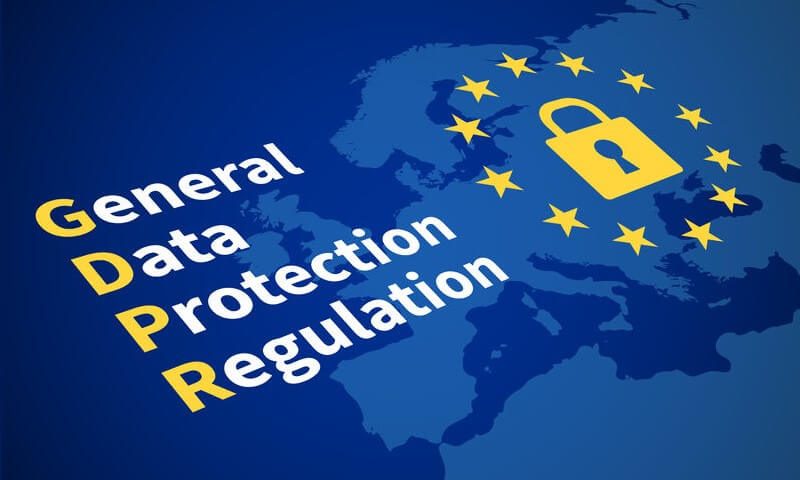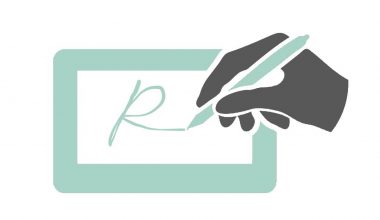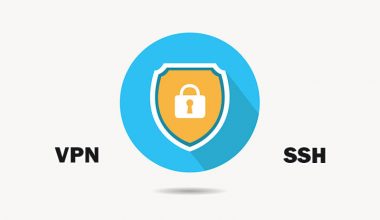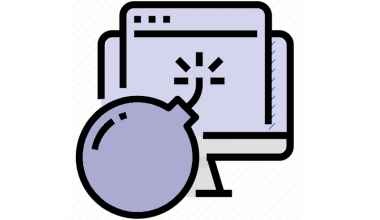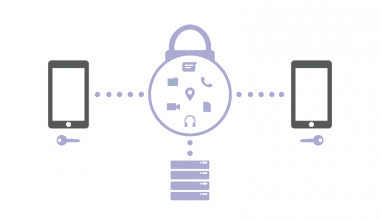In the last 25 years, technology has been growing at such a rapid pace that it has changed our lives. Due to this reason, data breach is becoming more common which affecting millions of people. Users are not even aware that how companies gather personal data without their consent. Users are very confident that their data is handed over to the trusted company but some companies misuse their data. Moreover, the European Union came to know that the existing policies that dictate the online security were outdated. Keeping these things in mind, the European Union introduced a new GDPR law on 25 May 2018. This law gives companies some rules for data collection. Many companies have adopted the data collection parameters according to this law. Many online companies are fully surviving on user data so they are facing challenges in complying with GDPR. Companies complying with this GDPR law are better for protecting user data. According to Gartner, less than 50% of the companies are complying with GDPR.
GDPR law has been introduced to help the general public, but very few people know about those letters stand for, what are their regulations and how they secure user data. It enforces a legal manner to collect data. GDPR also binds companies to inform the user when their data has been breached. GDPR does not allow online companies to hold personal data forever. All the private and sensitive data should not be kept longer than necessary.
What is GDPR and what are it’s working principles?
The GDPR, or the General Data Protection Regulation, is a set of principles for the collection, usage, and storage of personal data gathered by online companies and businesses. In addition, it guides the private online organization about how to collect private data, what it is allowed to be collected, and how the collected data is used. The basic purpose of this law is to protect private data of the general public. People are crazy for online browsing. They blindly give their personal information like credit card number, identity card number, social media credentials, and home address to malicious hands without verifying the security checks. As a result, they become victims of data leakage. That is the reason GDPR enforces his rules to protect the sensitive information of people.
Note: GDPR rules and regulations are not just suggestions. Rather they are mandatory for every online data gathering organization and in case of any policy violation, the violator can face a fine of up to 20 million euros or four percent of their annual global revenue.
What type of data collected by GDPR?
GDPR collects two types of data. The first type is personal information like name, IP address, location, bank details, email address, and photograph, etc. The second type is sensitive information related to the user’s nomenclature, race, ethnicity, biometric health data, and gender, etc.
Your data handled by two groups
Your private data is handled by two groups.
1. Controller: It tells the purpose of sensitive data that will be collected.
2. Processor: It will immediately notify Controller when the data breach occurs.
Can the data be removed at the user’s request?
GDPR enforces this rule strictly that if a user requests to erase all its personal and sensitive information to any online third-party data holder, then its mandatory for the company to erase all the traces of user’s data. This policy is very beneficial for the users. Online companies are bound to response back to the user’s request and they erase the data as soon as possible.
Limitations of GDPR
Some of the limitations of GDPR are as under:
• GDPR implemented very complicated and expensive rules for data protection. It is not easy for any company to comply with it. So, companies adopt a midway to prevent themselves from these rules rather than comply. They block their website in the EU countries. Their websites are only available in non-EU countries. How about your favorite website being blocked? Yes, it has happened before like Chicago Tribune and Los Angeles Times are famous news channels that geo-block their websites in EU countries.
• GDPR is introduced by the European Union (EU) so it only provides private data safeguard and protection for the European Union (EU) citizens. For any reason, if a person leaves an EU country and becomes a resident of any other non-EU country, he is no longer protected by GDPR. This law is not implemented in non-EU countries. Some questions arise here that what will happen to the people resides in non-EU countries? Will their data be left unsafe? Will there be no security law for their personal data? Who will save their personal data? What will be the alternative to GDPR?
Is VPN helpful?
Is VPN really helpful? Yes, of course, VPN is the solution to all these problems. VPN is an easy way to secure personal information whenever you connect to the internet. With the best VPN service like RitaVPN, you do not need to worry about your confidential data because it will be encrypted by an advanced encryption algorithm. You can browse the internet with total anonymity. If you are a resident at EU countries and face problems in surfing your favorite website blocked by GDPR then VPN can solve your problem, it can bypass the geo-blocked websites and you can easily browse your favorite websites. VPN is the optimized solution to all online security issues.
You may also like:
How to check if your VPN is leaking your IP address
How can we test our VPN connection?
Static IP vs. Dynamic IP: Which One is Right for You?
Browser Hijacking: Signs and how to prevent it
Everything you need to know about GPS spoofing
How Do Hackers Crack Your Password?
What is Spear Phishing and how to Protect Yourself?
What is TCP or UDP? Which one is Better?
Even if you are an EU citizen and resides there, VPN will be the best selection for your online privacy. No doubt GDPR is good to start toward general public privacy, but you don’t have to blindly rely on it. After all, if an online organization wants to misuse your data, they have the ability to do it and you can do nothing. Anything can happen to your data. So, it’s a good choice if you use a VPN because your personal data is encrypted throughout connection and no one can misuse it.
